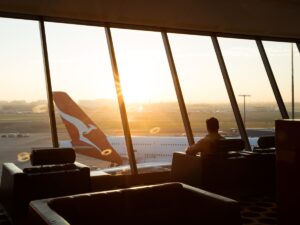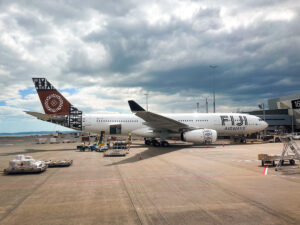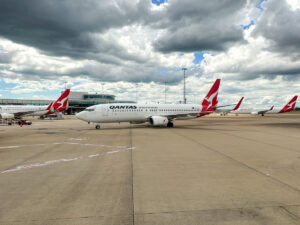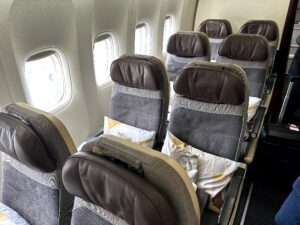There are countless great things about international travel, but jetlag isn’t one of them! Long-haul flying and crossing multiple time zones leaves many travellers exhausted, yet unable to sleep at night.
One member recently flew from Sri Lanka to Australia. Despite flying Business class, they felt wrecked once they got home and took almost a week to recover from their jetlag. They’re now questioning whether it’s worth travelling overseas at all.
Flying in a premium cabin can help you to get a decent sleep on the flight, but the real problem with jetlag is that it disrupts your natural circadian rhythm. It generally takes around a day to fully adjust for each hour of time zone change.
While many of our members have suffered similar experiences with jetlag, they have a wide range of tips on minimising its effects. One member tries to recover from overnight flights by staying awake on the first day at their destination. They find that being active and spending time in the sun helps them to remain awake until the evening at their destination.
Several members find that breaking up the trip with stopovers helps a great deal. Our members also find it easier to adjust to time zone changes by flying during the day, avoiding redeye flights.
One member lives by the motto “west is best”, as they find it easier to adjust to time zone changes when travelling west rather than east. This is because there are fewer westbound night flights, and you’re also gaining time rather than losing it.
Some members employ the assistance of sleeping tablets or melatonin. These can assist with getting to sleep on planes or in your new time zone.
Share your jetlag-busting tips HERE.













































































